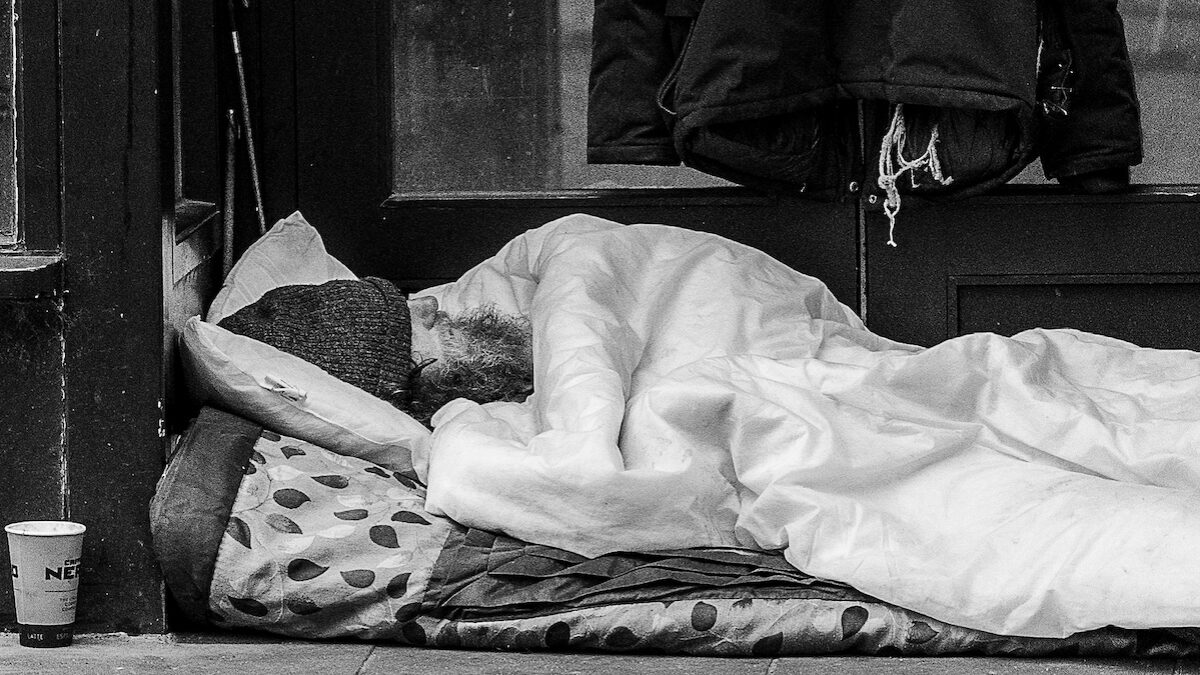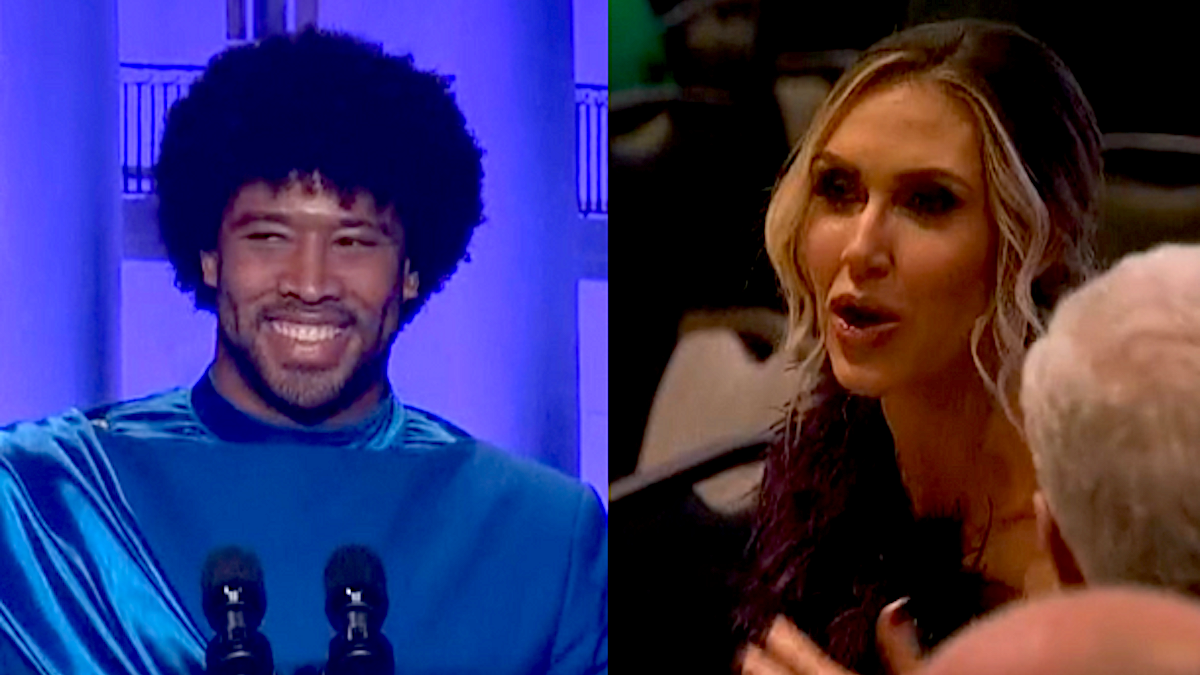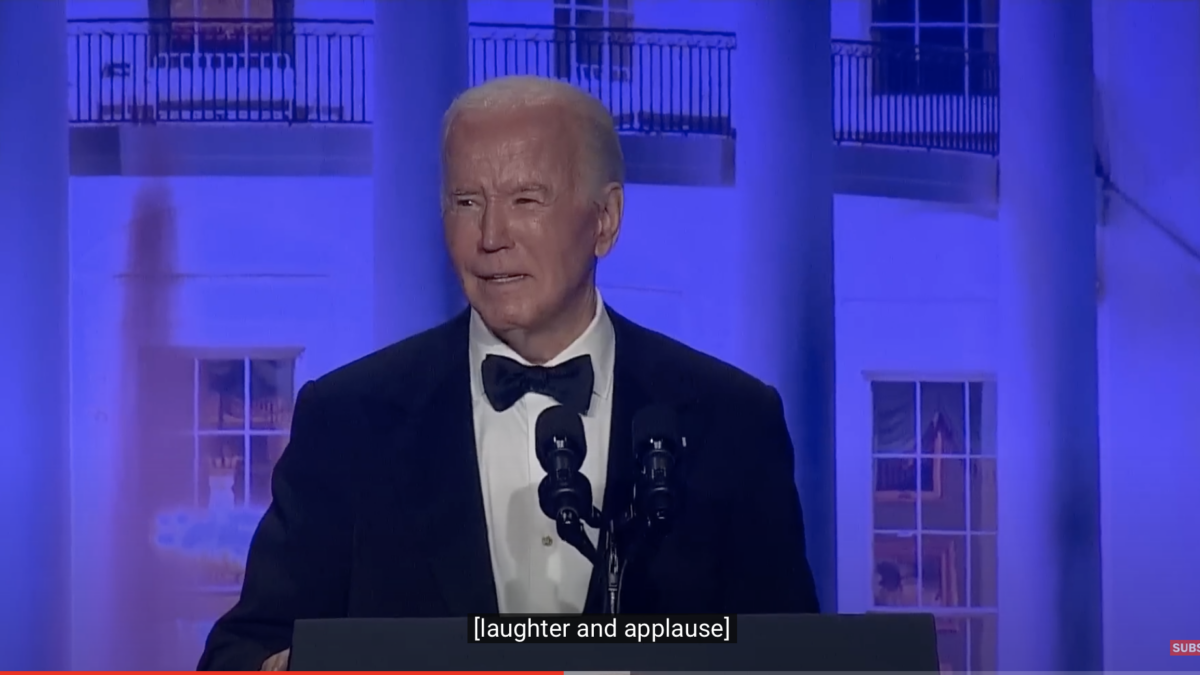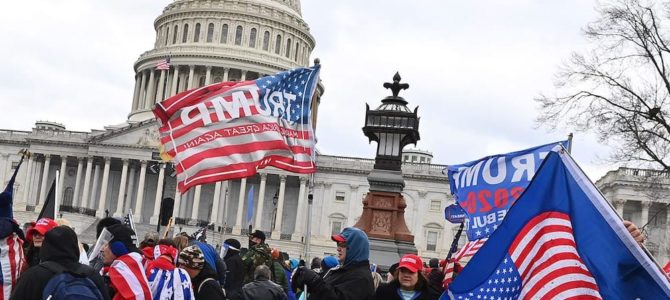
As expected, the left now insists conservatives who lashed out at Wednesday’s rioters are nothing more than greedy cynics. One writer for The Guardian fingered those conservatives who are allegedly “not content to go down with the Trumpist ship, and who must tack into shifting political winds.”
Since he personally implicated me in the grift, I’m inclined to respond. Here’s what Jason Wilson had to say:
Filing from the scene, the Federalist’s Emily Jashinsky admitted the riot was a ‘disgraceful sight’ and dismissed the conspiracy-minded idea that antifa provocateurs were responsible. She laid blame on Trump for inciting them, writing: ‘He told them a ‘landslide’ win was being stolen. That would be a crisis. They acted as such. What did he expect?’
But she then moved to coddle his coalition, arguing that the riot ‘will hurt the people who were already hurting most’, mentioning the ‘decent’ Americans who ‘have been lied to by the media for years … smeared as racists by elites and peers alike’.
There was no mention – in her article or in any of the other lachrymose evocations of Trump’s forgotten people – that political scientists have repeatedly shown that racial resentment and hostile sexism are the strongest motivations for supporting Trump.
In other words, Donald Trump supporters are indeed racists and sexists, according to Wilson.
There is but one reason Wilson’s attack warrants a rebuttal, and it has nothing to do with the purported prestige of his publication. Wilson’s central complaint with my work is its failure to accept the premise that Trump supporters are mostly animated by bigotry. What makes such a claim worth rebutting is that it’s one of the false accusations driving support for Trump, and one of the very reasons some of his supporters lashed out with a sickening assault on our capitol.
Long before Trump came along, elites were smearing decent people as bigots for the crime of disagreeing with leftist orthodoxy. The fury has been simmering for years. Of course, some segment of Trump’s base is legitimately racist and sexist, and some number of those racists and sexists were likely among yesterday’s rioters.
Nevertheless, “political scientists” informing Wilson’s contention “that racial resentment and hostile sexism are the strongest motivations for supporting Trump” would be wrong. But neither of the academic studies to which Wilson linked actually prove his claim, namely the “strongest” part of it.
One of the papers clearly concedes the limits of its own conclusion, noting, “First, our study merely establishes that going from white to black racial cues produces fundamentally distinct reactions among Trump supporters and opponents in their support for government housing assistance, anger about said assistance, and blaming individuals for their struggles. However, it cannot determine whether Trump supporters and opponents are differentially reacting primarily to the white or black racial-cue condition (or both).”
The authors of that study ultimately concluded their “results continue to show that feelings about Donald Trump directly capture a distinct and highly salient expression of differences between racial liberals and conservatives, as indicated by their polarized response to our subtle experimental manipulation of race.” Even if you accept the validity of their experiment as a response to the question at hand, that conclusion does not indicate “that racial resentment and hostile sexism are the strongest motivations for supporting Trump.”
Similarly, here’s a chunk from the other study’s conclusion (emphasis added):
Women who supported Trump, for example, were more Republican than those who did not. However, and more important, they held sexist and racially resentful attitudes more similar to males supporting Trump than to their female counterparts supporting other candidates. These attitudes reflect trepidation toward the loss of ‘traditional American family values,’ including the preservation of separate spheres for men and women. They also suggest that many women fear how ‘outsider’ groups may be altering the political landscape, an attitude that observers attribute primarily to angry white men.
That study did indeed conclude:
Controlling for the influence of other factors, possessing the levels of sexism and racism for the typical female Trump voter increased the probability that a woman would vote for him by 37 percentage points, when compared to women with sexism and racism scores typical of a non- Trump female voter. By comparison, being a female Republican increased the probability that a woman voted for Trump by 29 points.
But note how the authors define “sexist and racially resentful attitudes” as “trepidation toward the loss of ‘traditional American family values,” including the preservation of separate spheres for men and women” and a “fear” of “how ‘outsider’ groups may be altering the political landscape.” That overly broad definition of sexism and racial resentment was also at play in the scales the authors used to measure both, particularly sexism.
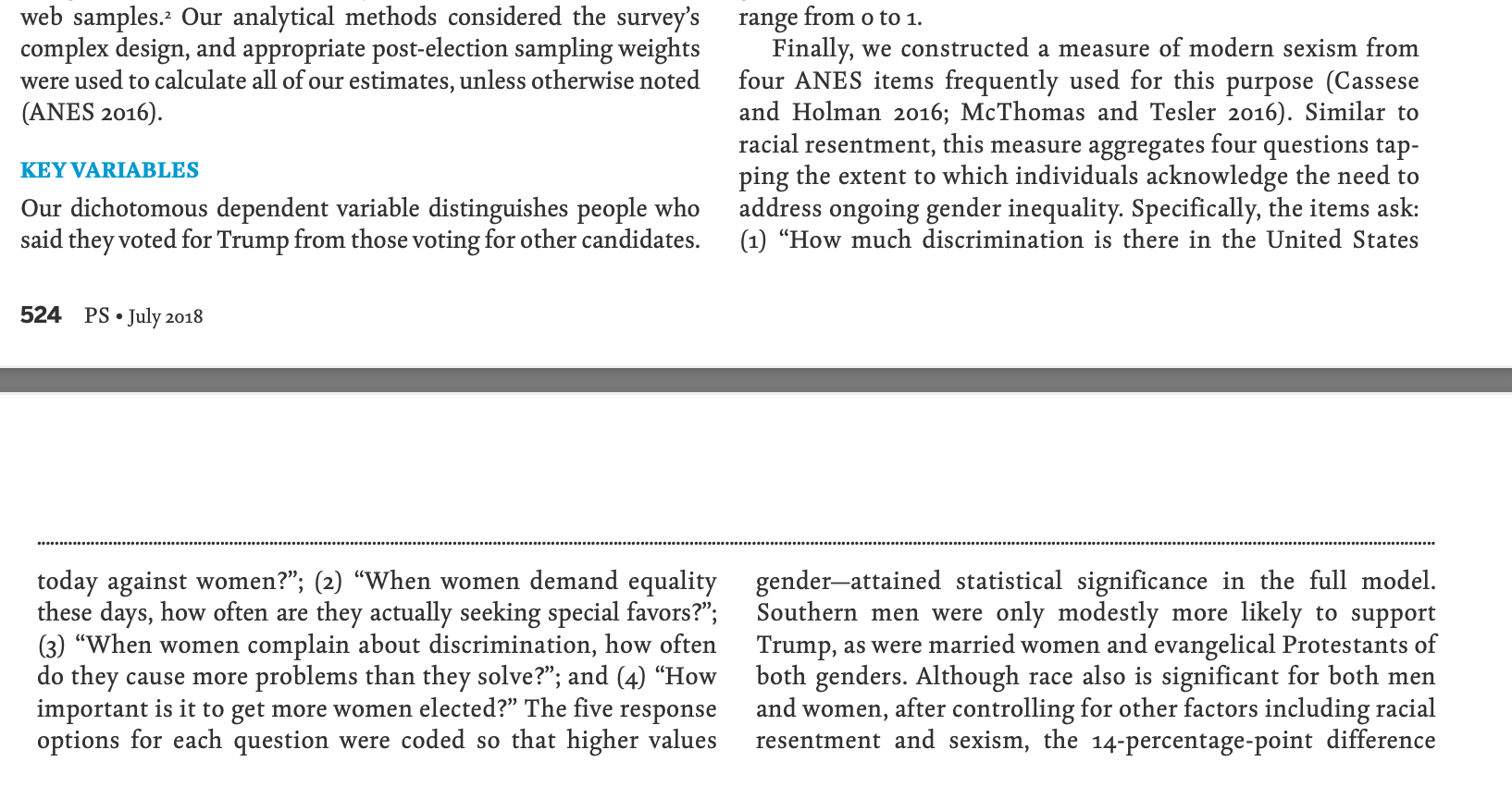
The “strongest motivation” for most Trump supporters is not racial resentment or sexism, nor is the large group of voters who pulled the lever for Trump interchangeable with the group of people who traveled to Washington D.C. yesterday and those among them who rioted.
Why did people riot? We don’t have any academic papers on that just yet, but I was there and people’s primary motivation seemed clearly to be their belief that a “landslide” election was being stolen by elites.
Far beyond alleged racial and sexual resentment, part of the reason people flocked to Trump in the GOP primary and again in 2016 and 2020 is that elites repeatedly smear them as bigots. If you talk to Trump supporters, it comes up time and again.
People in Washington and Manhattan and Los Angeles have said for years that making such horrifying decisions as voting for Mitt Romney, wearing the wrong dress to prom, believing in biological sex, celebrating Mount Rushmore, and disliking Colin Kaepernick are rooted in bigotry. Sadly, however, I don’t think Wilson and his many like-minded media peers can be convinced otherwise.
That, however, is why my “lachrymose evocations of Trump’s forgotten people,” as Wilson put it, did not make the same dubious claim advanced in his article. Nor is my criticism of Trump’s language a “tack,” made for fear of going down with his ship, a vessel I have never been on.
This publication rightfully gives voice to a wide swath of decent people who have zero representation in the media. I’m proud of that, even when I disagree with certain articles. But I’m less concerned with Wilson’s stereotyping of me than I am with his stereotyping of 74 million American voters.
There’s no hedging on the rioters. I’ll gladly stamp every last one of them as reckless idiots. But I will not dismiss all the president’s supporters as bigots, nor will I dismiss the people who flocked to the streets to support Black Lives Matter this summer as irredeemable socialists drunk on critical theory. Aside from being unkind, that would just plainly be incorrect.
The constructive strategy to prevent future chaos and bloodshed is not doubling down on sweeping generalizations of Trump supporters as bigots. That is both inaccurate and destined to further inflame our burning divisions.


